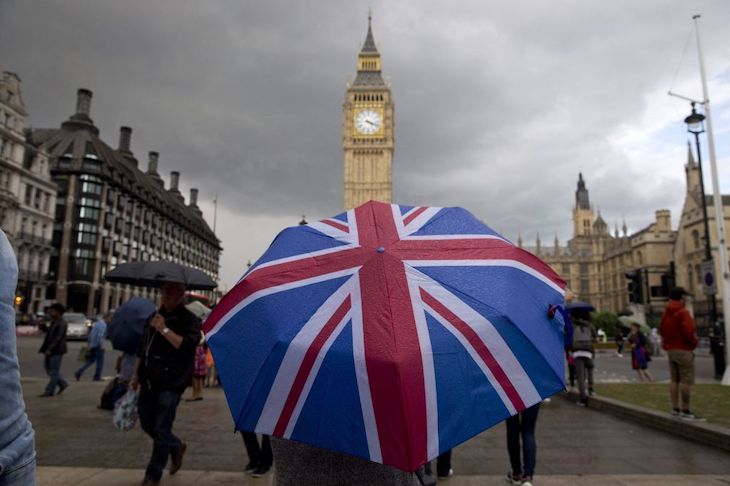When people talk about the ways the Conservatives have squandered this parliament, and with it their first and best opportunity to demonstrate to voters the benefits of Brexit, they often focus on domestic concerns: the failure to tackle legacy EU red tape, or the lack of progress on levelling up.
Already a subscriber? Log in
Subscribe for just $2 a week
Try a month of The Spectator Australia absolutely free and without commitment. Not only that but – if you choose to continue – you’ll pay just $2 a week for your first year.
- Unlimited access to spectator.com.au and app
- The weekly edition on the Spectator Australia app
- Spectator podcasts and newsletters
- Full access to spectator.co.uk
Or




















Comments
Don't miss out
Join the conversation with other Spectator Australia readers. Subscribe to leave a comment.
SUBSCRIBEAlready a subscriber? Log in